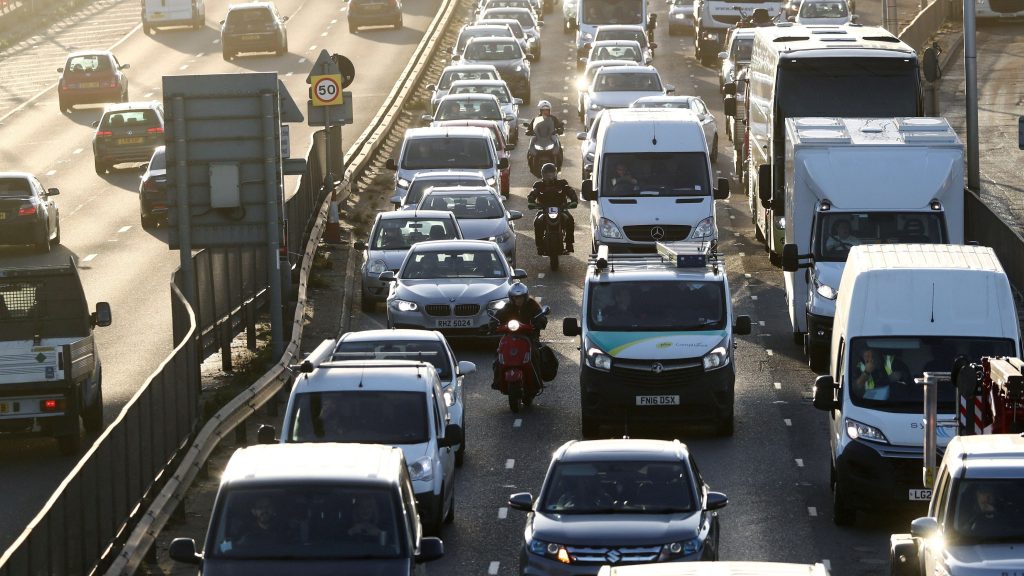Talking Cars: What Type Should You Get?

Whichever way you cut it, buying a car is one of the more important financial decisions you could make for your household. This is also true whether you’re a bustling family house with several kids to wrangle, or a single student studio-flat occupant; not only do you have the money involved in buying a car to think about, but also the practicality of whichever car you do pick.
This is because the automative world is an expansive one, with types and models of car for practically every lifestyle. The trick, as someone who isn’t usually interested in cars otherwise, is to figure out exactly what kind of car will work for you. Here, we’ll seek to demystify things a little bit, with a brief guide to the different types of cars you’ll find on the market – and how they apply themselves to different lifestyles.
Hatchbacks
The hatchback is arguably the most common kind of car found on UK roads, and for good reason. Hatchbacks are cheap to buy and cheap to run, being small, lithe city-friendly cars. They are ideal for urban driving, and easy to park in tighter spots; while their boot space isn’t the most capacious, they can still often seat five in a pinch. If you live in the city, have a small family or simply need a swift way of getting from A to B, something like a Ford Ka or Fiat 500 will most certainly do.
Estate Cars
Estate cars are long, spacious vehicles that bear a lot in common with the saloon – a five-door vehicle with a slightly extended rear boot. Estate cars extend the boot further, and upwards to meet the height of the roof at its highest. The result is a car with a relatively low profile but a great deal of storage space, whether for work equipment or for luggage. As for second-hand availability, there are plenty of estate-variant used BMW 3 Series for sale, which offer space and performance (albeit, at the expense of fuel economy).
SUVs (Sports Utility Vehicles)
The SUV has become something of a scourge on UK roads, being an oversized, often over-engined presence. Strictly speaking, SUVs should be the haunt of rural-living families in need of safe passage along treacherous roads, but more and more manufacturers have leant on the wider popularity of the SUV to make urban alternatives. SUVs are prized for the high road position they give drivers, and for the great deal of space they can also afford households. These are expensive to buy and to run, and so should only be considered by large families with the scratch to spare.
MPVs (Multi-Purpose Vehicles)
Far more practical than the SUV, the MPV is a true family vehicle – often colloquially referred to as a people carrier. MPVs seat six or seven, and can seat up to nine depending on the model you seek. Sliding doors are a common feature, to enable ease of access to each row of seats; there is also plenty of boot space, which can often be converted to additional seating if necessary.




